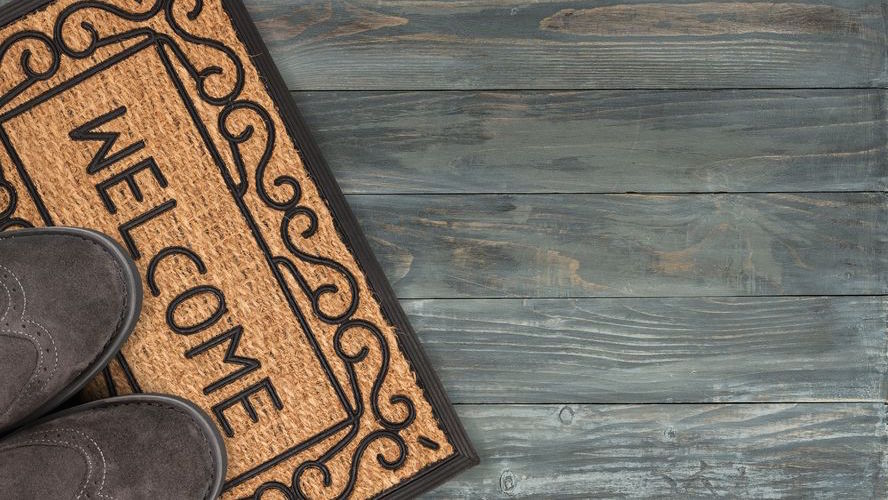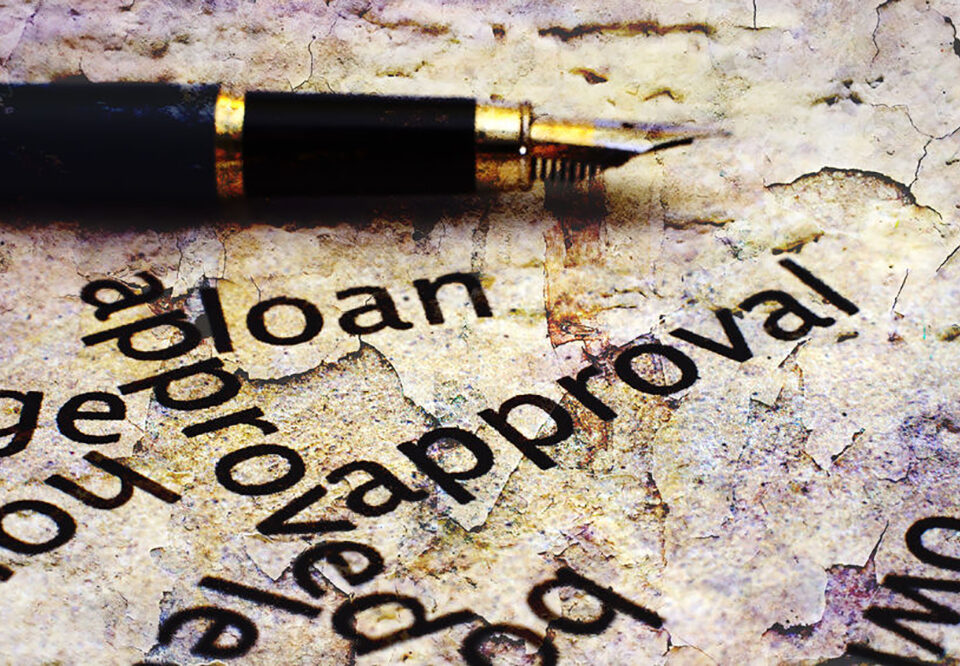
Finding Your Home Sweet Home
05/31/2017
STEP TWELVE: PLANNING FOR MOVING DAY
07/22/2017Whether you are a first-time or multi-time homebuyer, financing is an integral part of the homebuying process. In fact, understanding the nuances of the down payment requirements, the effect of interest rates, and the impact of your credit score are fundamental to a smooth home buying experience. There are a multitude of logistics that go along with compiling the required documentation which may include bank statements, home purchase contracts and credit card statements, and in addition, buyers need to shop for favorable financing terms and an experienced lender.
With the ins and outs of getting a mortgage often confusing and intimidating, I thought I would share 5 mortgage must-knows to remember:
1. Know your credit score
Your credit score and credit history can favorably influence your ability to obtain a low down payment and low interest home loan. Every homebuyer should obtain a copy of their credit score and check the accuracy of the information before attempting to obtain a mortgage.
Mortgage lenders seek buyers with good credit scores and accurate credit histories, and resolving discrepancies prior to applying for a mortgage can improve your chance of obtaining the best terms. An excellent, free resource is Annual Credit Report, where you can request a free credit report every 12 months summarizing your credit information from the major credit reporting agencies.
When you obtain a mortgage pre-approval letter, you can assure a prospective home seller that you are qualified and ready to buy, and the letter improves your negotiating position too.
2. Get a mortgage pre-approval letter
Many potential homebuyers don’t know if their financial position is secure enough to support buying a home. The decision to become a homeowner is not just based on current income but future income and financial obligations as well. Potential buyers do know that they want to stop paying rent and start building equity in a home.
It can be pretty nerve-racking to think about applying for a mortgage, but the smart way to eliminate all doubt is to meet with a licensed mortgage officer prior to beginning your home buying search. At this meeting, you will discuss your financial position, learn about interest rates, down payment requirements and all costs related to closing your mortgage. You will gain a thorough understanding of what you can spend for a home based on current income, projected income and what your mortgage and closing will actually cost. When you obtain a mortgage pre-approval letter, you can assure a prospective home seller that you are qualified and ready to buy, and the letter typically improves your negotiating position too.
3. Increase your leverage with a substantial good faith deposit
As soon as you obtain pre-approval for your mortgage, start preparing to issue a good faith deposit to accompany your offer. Some lenders will require verification that a buyer has the required funds to cover the down payment and closing costs. If any portion of the down payment is being provided by others, family members for example, the lender may require a “gift letter” stating that the funds are a gift and not a loan.
Armed with a pre-approval letter and a healthy good faith deposit, you establish a strong negotiating position with a prospective seller. Both show you are a qualified, serious buyer. In New Jersey, all contracts must be reviewed by an attorney. If your contract is not accepted or if the home inspection shows conditions that cannot be resolved, your good faith deposit will be returned to you in full.
4. Understand the types of mortgages available
As a New Jersey homebuyer, it is important to understand what types of mortgages are available:
- Conventional mortgages – Conventional mortgages up to $424,100 (or in some states $636,150) must conform to guidelines set by Fannie Mae or Freddie Mac and can require as little as 5 percent down. In Essex, Union and Morris counties, for example, the threshold is $636,150. Conventional loans in amounts greater than the designated limit are called jumbo mortgages and usually require a minimum of 10% down. Fannie Mae also offers a 3% down payment for a Conventional 97 loan, although the loan size cannot exceed the national conforming loan limit of $424,100, and it must be applied to a primary residence.
- FHA loans – Mortgages insured by the Federal Housing Administration (FHA) are available with as little as 3.5% down and often have more lenient lending standards. The down payment is determined by a person’s credit score. Often FHA mortgage rates are below conventional mortgages so certainly a financing option worth considering.
- VA and USDA loans – VA loans, or mortgages guaranteed by the Department of Veteran Affairs, and USDA mortgages, backed by the Department of Agriculture, are also available in New Jersey and allow qualified buyers to purchase homes with very little or zero cash down. All prospective buyers should know that conventional mortgages, VA loans, FHA loans and USDA loans now permit buyers to use money gifted to them by a family member or from recognized down payment assistance programs to serve as all or part of the required down payment.
- Construction loans – Short-term loans with a term of one year or less applied to a home addition, new construction, or home renovation are called construction loans. Typically, construction loans are variable rate.
5. Factor in the cost of Private Mortgage Insurance
For conventional loans in New Jersey, the lender may require the buyer to purchase Private Mortgage Insurance (PMI). This insurance is typically required if the homebuyer puts a deposit down that is less than 20% of the value of the property. Private mortgage insurance guarantees your mortgage payments will be made to the lender should you become ill or unable to make your payments, and these insurance premiums are paid monthly.
Just like the first few weeks of summer, the real estate market in New Jersey is hot and bidding wars have become commonplace. Qualified buyers can find the homes of their dreams, but positioning your finances and knowing your credit-worthiness are key. If you’re looking to buy a home, begin by meeting with a lender and obtaining the all-important pre-approval letter. Prepare for your good faith deposit, the down payment and then start looking for your “home sweet home” with a licensed real estate agent.
If you are in the market to buy or sell a home in northern New Jersey, I would love to assist you. Call Victoria Carter on (973) 220-3050 or email victoria@victoriacarter.com.



